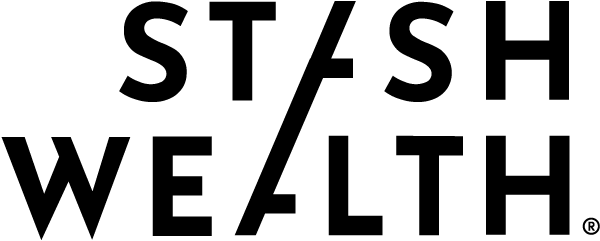Everything you thought you knew about your credit score is wrong
There are SO many credit score myths floating around. We’ve heard some doozies in our day. We are here to set the record straight because a good credit score is very important to becoming rich.
Five credit card myths
Myth #1 - never close your oldest credit card
The length of your credit history, or how long you’ve had a line of credit open, counts for 15% of your overall score. So yeah, closing your oldest card can temporarily lower your score a little. However, the effect is minimal and your score should bounce back in 6–12 months.
In fact, if your oldest card has no rewards and a high APR (and we bet it does since you opened it when you had NO credit history), you might actually be better off closing it. Just make sure you have other credit cards with decent histories still open.
CAVEAT: If you’re planning to buy a home in the next 6–12 months, leave all credit lines open. Your score may not have time to recover from the temporary hit.
Myth #2 - carrying a balance helps your credit score
LOL no. Carrying a balance, AKA not paying off your bill in full every month, not only hurts your credit score, it costs you more money!
IRL Example: You go on an all-inclusive vacation to St. Croix with your friends at a cost of $4,500. You charge the entire trip to your credit card, but wait 6 months to pay off the card. That trip is now going to cost you more like $5,000. Accrued interest is a b*tch.
Myth #3 - closing a bank account hurts your credit score
Checking, savings, money market accounts, and CDs aren’t factored into your credit score, so opening or closing one of these has zero impact on your score.
Myth #4 - not using a credit card hurts your credit score
Nope. Ideally, you should use no more than 30% of your total available credit to maintain a good score. Having a card you rarely use can actually help you build good credit (assuming it has a zero balance, of course).
Even if you don’t use the card, it’s a good idea to check on it once in a while to make sure no one else is, either!
Bad credit or no credit?
Here are a few tips for boosting that score.
1. Don’t apply for too many lines of credit at once. Too many inquiries in a short period of time can hurt your score.
2. Pay all of your bills on time. On-time payments are the single most important factor affecting your score. Even if you can’t pay off a credit card balance in full, make sure to at least make the minimum payment.
3. Make paying off any outstanding credit card balances a priority. Credit card debt is the Forever21 of all debt types. It’s a rip-off, and you’re better than that.
4. Have a couple of different types of credit. Credit cards are just one kind of credit line, and like investing, it’s a good idea to diversify your credit. Other types of credit you could have included a utility bill in your name, an auto lease or loan, student loans, a home loan, or a personal loan.
5. Run a free credit report once a quarter. Okay, maybe once a quarter is a little excessive. Just know that you can get a free credit report once a year from each of the 3 credit reporting agencies, so there's no need to pay for one. And it is a good idea to run a report every now and then.
You'd be surprised what you might find, and how that might affect your financial outlook long term. For example, a bill that goes to collections stays on your credit report for 7 years, even if you pay it off in full! A knock like that that can affect your ability to qualify for a mortgage or other large loan. But if you catch it in time, you can dispute the claim and hopefully get it taken off your report.
Stash Wealth provides financial plans designed to assist high earning young professionals build and manage their wealth.
Stash Wealth offers a pragmatic approach to financial planning and wealth management. Whether saving up for Tahiti or a Tesla, we help you achieve your short-term and long-term goals.
Written by Stash Wealth Staff Writer
Stash Wealth Staff Writers are knowledgeable about personal finance topics. Their objective is to unravel the complexities of finance trade jargon, products, and services in order to equip HENRYs with a sound understanding of financial matters.

